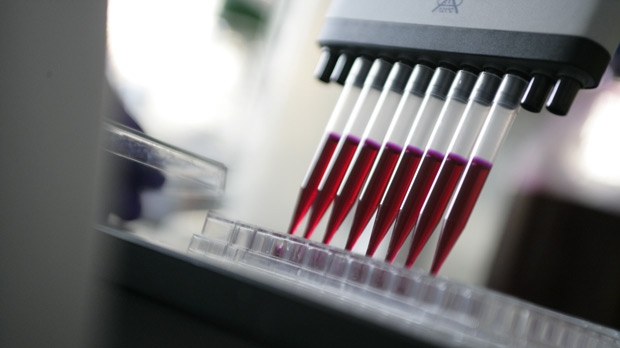Cancer Research UK drug launched in its first clinical trial
Posted: 28 March 2014 | | No comments yet
A new cancer drug, based on further development of a discovery originally made by Cancer Research UK, has entered a clinical trial to target a wide range of cancers.


A new cancer drug, based on further development of a discovery originally made by Cancer Research UK, has entered a clinical trial to target a wide range of cancers.
The drug, RG7813, delivers a cytokine (engineered IL2) to a specific part of the carcinoembryonic antigen (CEA) protein which is exposed only on the surface of cancer cells, resulting in a narrowly-targeted treatment.
Cancer Research Technology, the commercial arm of Cancer Research UK, licensed the monoclonal antibody called PR1A3 to Roche. PR1A3 was discovered in Sir Walter Bodmer’s laboratory when he was director of the Imperial Cancer Research Fund*. Roche has subsequently engineered the antibody and incorporated it into its proprietary immunocytokine drug platform to generate the final drug candidate. Clinical trials have then been initiated.
Sir Walter Bodmer, head of the Cancer and Immunogenetics Laboratory at the University of Oxford, said: “It’s very exciting to see that a drug based on our monoclonal PR1A3 antibody is now going into the clinic. By combining these discoveries we make in the lab with the latest developments in immunotherapy, we’re expanding our arsenal of cancer drugs at a greater pace – which will ultimately benefit more patients, sooner.”
Dr Phil L’Huillier, Cancer Research Technology’s director of business management, said: “We’re delighted to see the trial launch of this promising new drug, which harnesses the power of the immune system, and that potentially could treat a range of cancers.
“This drug is particularly exciting because it homes in on a new target only accessible on the surface of cancer cells, increasing its potency while sparing healthy cells. We hope that the early clinical trials prove this is a safe and effective new treatment for cancer patients – ultimately saving more lives from the disease.”




